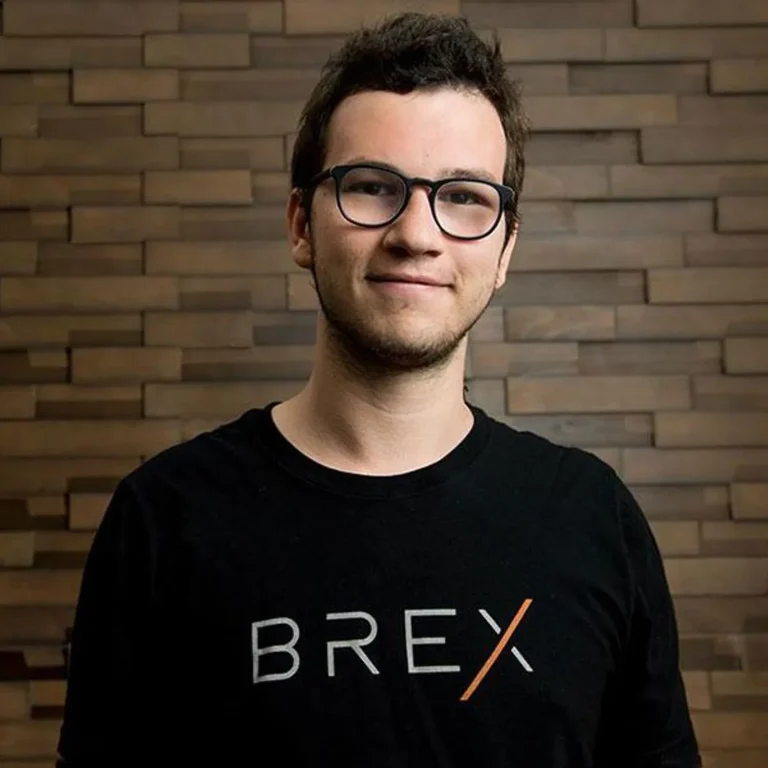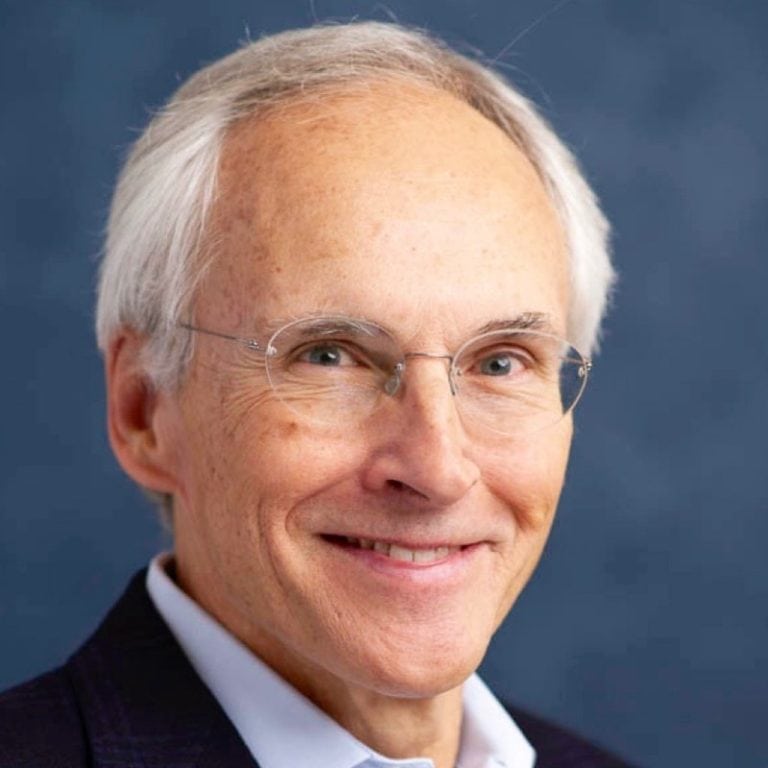
January 13, 2021
Amy Fuller, Chief Marketing and Communications Officer, Accenture
Why did Accenture Stock rise 24% in 2020? Leadership, talent, digital and focus— and with record earnings for its software products and services, management has just increased their fiscal 2021 outlook from 2%-5% to 4%-6% revenue growth.
Sitting as Number 279 on the Fortune 500 list and about $43 billion in annual revenue, Accenture is one of the world’s largest consulting companies, with over 500k employees companies, helping over 6k clients in over 120 countries reboot their businesses and brands. Today, the company has over 4.8k patents and about 2.5k pending, with a very robust partner network of nearly 200 organizations worldwide, while growing their digital footprint through high-profile acquisitions like the agency Droga5.
Rotating to the New – Digital
Since Julie Sweet became CEO of Accenture a lot has changed under her remarkable leadership, from transforming their market approach and culture to reinvigorating their service platforms and brand. Today, 70% of their business has rotated to the “New”: digital, cloud and security, all supported by Accenture’s biggest brand relaunch in a decade, spearheaded by Accenture’s dynamic CMO Amy Fuller, who joined us for an episode of the Reboot Chronicles to talk about what’s new and what’s next.
Speed, Scale and Agility
During the 2020 pandemic, consumers have moved dramatically toward online channels, and companies and industries have responded in turn. Today, more than ever, organizations have to accelerate the pace of transformation to supplement and further strengthen their relationships with clients. Most of the companies who have overseen a digital transformation were fraught with challenges: they wish they had – and could have- moved faster. We see companies that emerge stronger from the crisis are those that innovate through it, using the current crisis as an opportunity to transform their company digitally. In short—2020 lit a fire under corporates and acceleration has been good for Accenture and a few of their peers.
The rapid shift to working from home is a good example. A vast number of companies were forced to move to digital channels and communication platforms, like Microsoft Teams, to work remotely. Accenture, for instance, has converted more than a million NHS people in a matter of days – onto Teams. Similarly, retailers are going through the “digital makeover” to adjust according to customer changes and preferences. Grocery delivery is now the norm for many people who wouldn’t bother in the past. In light of this, Walmart, for the first time, activated and scaled curbside pickup at a mass scale.
Optimal Experiences
With Accenture’s deep industry knowledge, they have discovered recently that the problem lies in understanding how humans interact with technology. And for many clients, the biggest concern was how to interact with advanced technologies and make the most of it. In a world of uncertainty, businesses have to deliver promises of consequence that drive everyone’s purposeful change through experiences. Accenture Interactive, the consultancy giant’s agency arm, connects deep human and business insights with the possibilities of technology to define and deliver new experiences that can make lives more comfortable and more rewarding.
The Next Decade of Acquisitions and Partnering
As a serial CEO, I have scaled companies unnaturally faster than the competition by driving growth and innovation through a Build-Buy-Borrow process, and often pairing up the largest global corporations with some of the smallest, solving problems by not necessarily acquiring. Accenture is a pro at acquiring and partnering, with hundreds of go-to-market partners, like Adobe, bringing expertise and perspectives that are extremely valuable to clients.
Nowadays, it is becoming increasingly popular for larger companies, like Accenture and their global clients, to simply partner with companies to expand—and often that is still the smart move. Accenture, on the other hand, as Amy shares, is taking more of a holistic approach, acknowledging that nothing happens alone, paying close attention to partnerships in creating a framework by which companies can measure their progress against Sustainable Development Goals.
This decade will continue to surprise us on many levels. 2020 has dramatically turned these approaches to growth upside-down, and we will see companies, like Accenture and their clients, executing on cross-category / cross-industry Build-Buy-Borrow strategies. In a world were Amazon is Building their own air fleet – Prime Air and FedEx is acquiring companies like Shop Runner, the 20’s will continue to morph into hybrid business models and brands.
“Let there be change”
Accenture’s new brand campaign and an original company purpose, recently announced, is to deliver “on the promise of technology and human ingenuity” with the goal of inspiring organizations to embrace change for the sake of value creation. The “Let there be the change” campaign aims to depict large and small changes as a good thing that companies can leverage to their benefit.
In support of these new changes, Accenture is pioneering “360° Value” to help clients embrace the change and reinvent their businesses, re-skill employees, or move towards sustainability. This follows the firm’s recent pivot to “the New,” with 70% of its business now focused on digital, cloud, and security.
Amy shares some advice on how to keep employees happy in these unprecedented times: “Share work and think ‘early, ugly and often’ if you wish people to feel comfortable.” Listen in here, or wherever you listen to podcasts, to find out how to scale your business with innovation, partnerships and co-creation and make employees part of the big picture.











